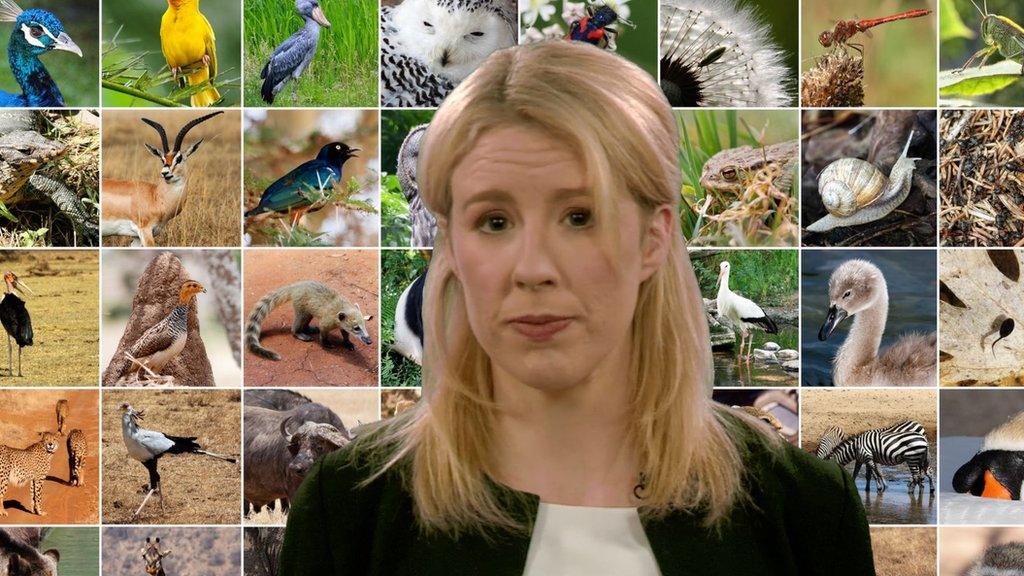Human damage done to more than half of all rivers worldwide
- Published
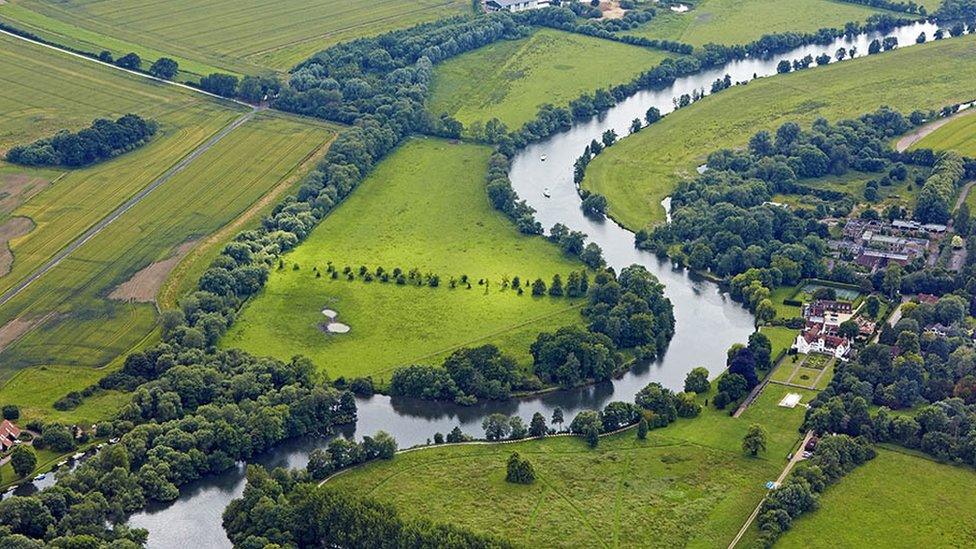
For people who enjoy nature, seeing animals in rivers is a pretty cool sight.
But in more than half of all of them, life has been impacted by human activity, a major new study says.
Research published in the journal Science, external analysed almost 2,500 rivers around the world.
It found centuries of activities such as overfishing, water pollution, and climate change have had an effect, threatening what lives in them.
Only 14% of rivers with fish populations had escaped major damage.
The worst-hit areas are places with large and wealthy populations, such as western Europe and North America - including the River Thames in London.
'We don't value what we should'
One person really disappointed with the report's findings is Frankie Mayo, a campaigner from the UK Youth Climate Coalition
"It says we as a society don't value what we should and that is causing a climate breakdown," the 25-year-old, who lives in Exeter, tells Radio 1 Newsbeat.
"We're losing our wildlife, natural spaces and our connection with nature."
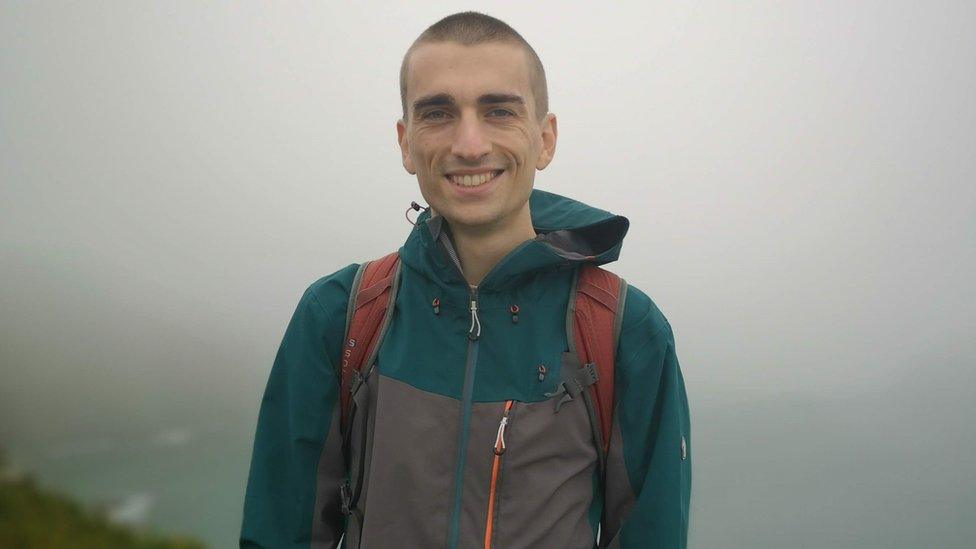
"This past year has made us realise how much we value access to nature," Frankie says
Rivers and lakes might cover less than 1% of the planet's surface, but they are vital ecosystems, providing food for millions and supplying clean water.
Which means it's an issue all of us should care about, Frankie says.
"Water is the fundamental element on which our lives depend. We can take clean tap water for granted and not realise what we're losing."
"Rivers all across the UK are not just boundaries but connections between us and nature.
"It's a system of interconnected wildlife, plants and water, for farms, villages, towns and cities," he adds.
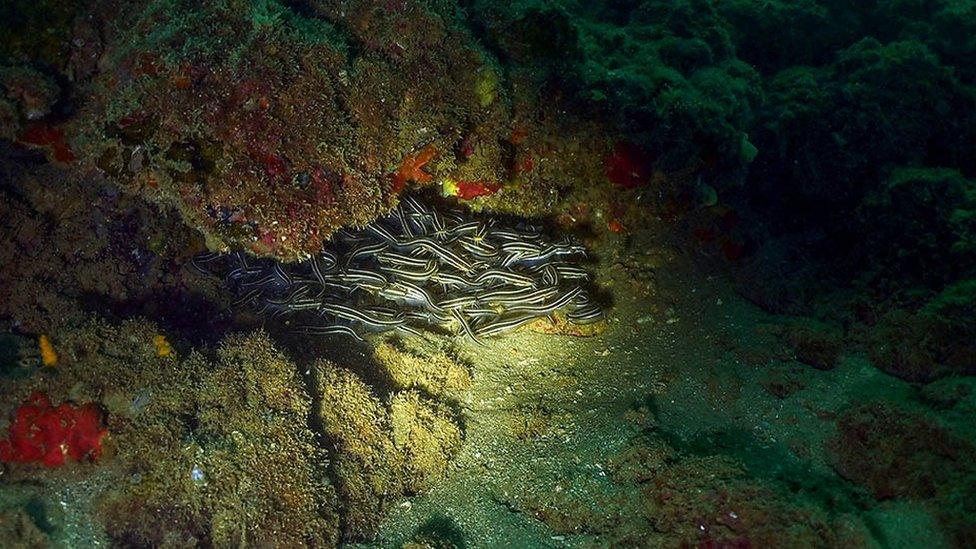
Researchers took into account changes over 200 years
Among the 10,682 fish species examined in the study, 170 fish species went extinct in a river basin - and this number is thought to be underestimated.
And 23% of freshwater fish species are currently considered to be at threat, with some perhaps becoming extinct in the near future.
But Frankie adds that human activity doesn't mean it's an individual that is at fault.
"It's easy to blame individuals because it's very visible when you see a packet of crisps floating down a river. But it's much wider."
"New developments are changing things, meaning we lose ecosystems and habitats. Once you lose that, the river can be lost and needs to be rebuilt."
To keep rivers clean and healthy, Frankie suggests there's a lot that can be done by countries, but also individuals.
"Species are going extinct at a faster rate than we've seen for millions of years"
"We need to regulate what activities are done by big companies and countries so it doesn't damage rivers."
"And from a personal point of view, we need to build a relationship with those rivers. Better access to rebuild them and reintroduce species that have been lost."
And that he feels will stop behaviour like polluting with waste such as crisp packets.
For Frankie, this isn't limited to rivers, but part of a wider system of helping the climate which includes things like greenhouse gases.
And he does have some hope for the future.
"I spend a lot of time down in Cornwall and the river water quality's been much improved in over recent years."
"But as this report shows, there's lots of work that needs to be done," he adds.


Follow Newsbeat on Instagram, external, Facebook, external, Twitter, external and YouTube, external.
Listen to Newsbeat live at 12:45 and 17:45 weekdays - or listen back here.
- Published30 September 2020

- Published6 May 2019
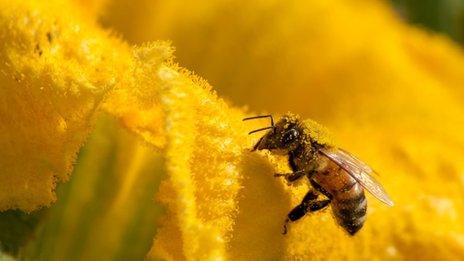
- Published10 September 2020
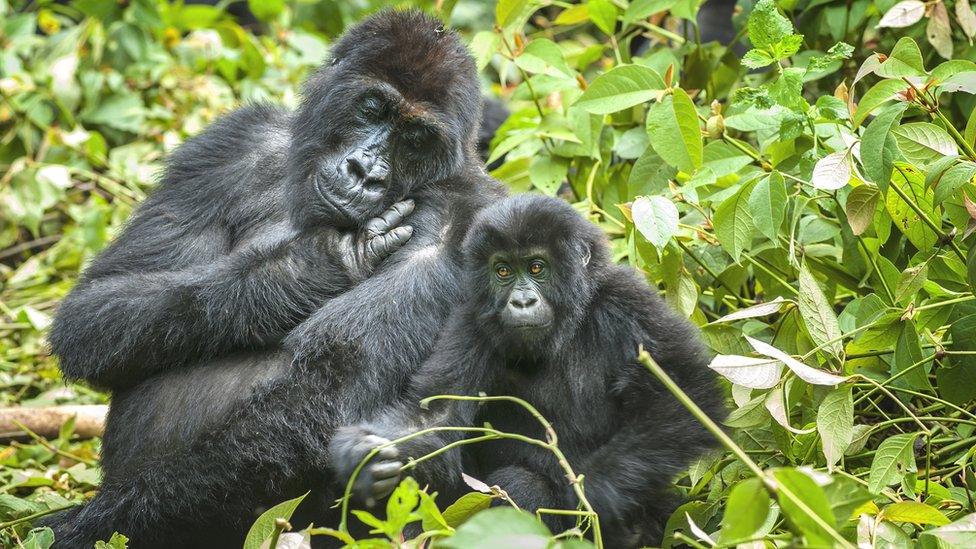
- Published27 January 2021
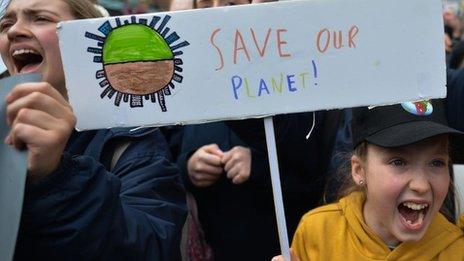
- Published30 September 2020
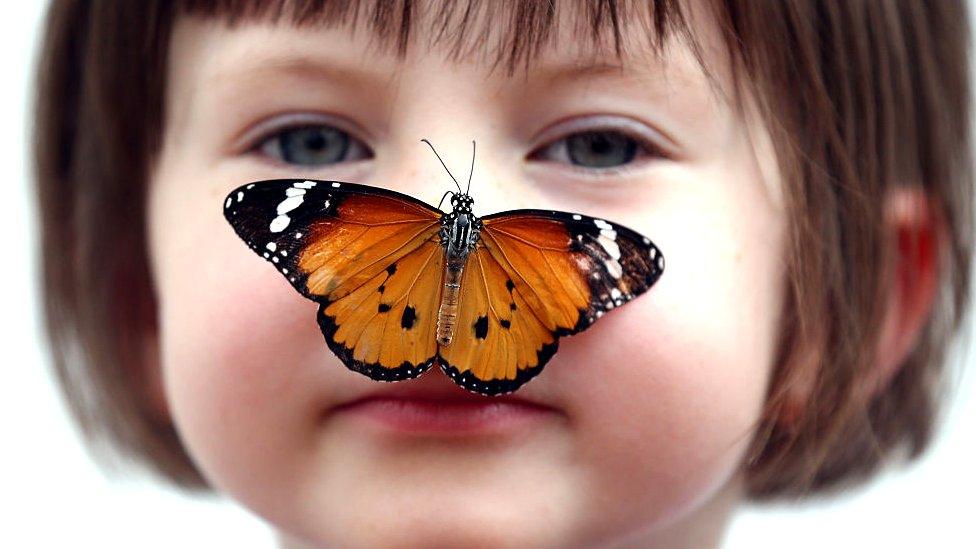
- Published6 May 2019
